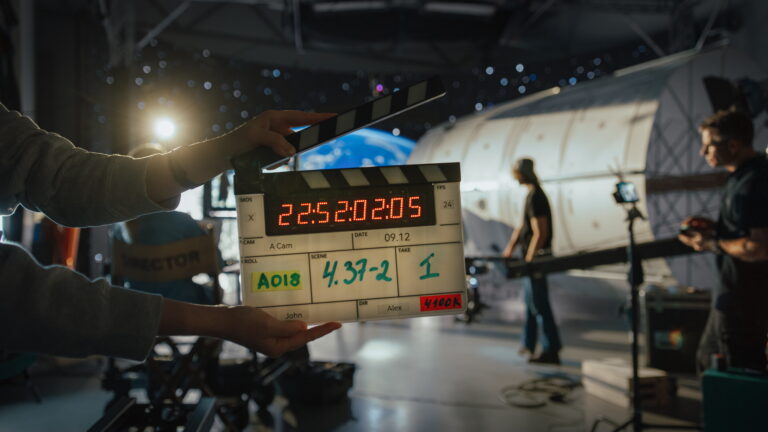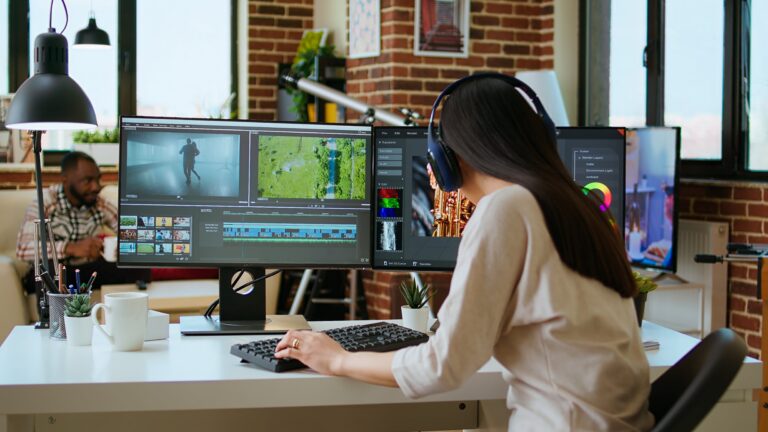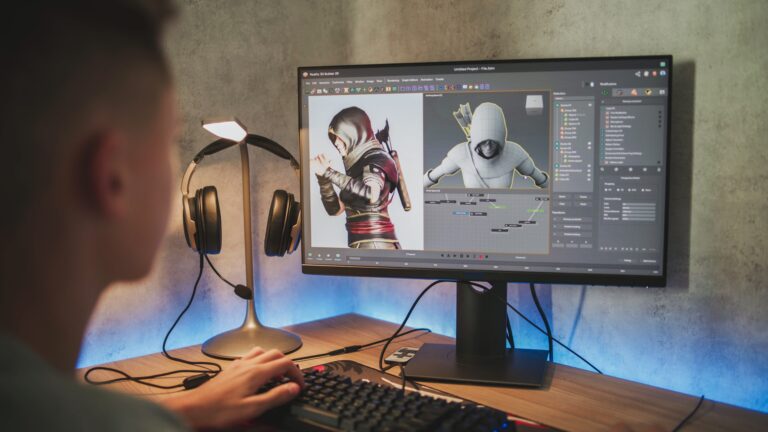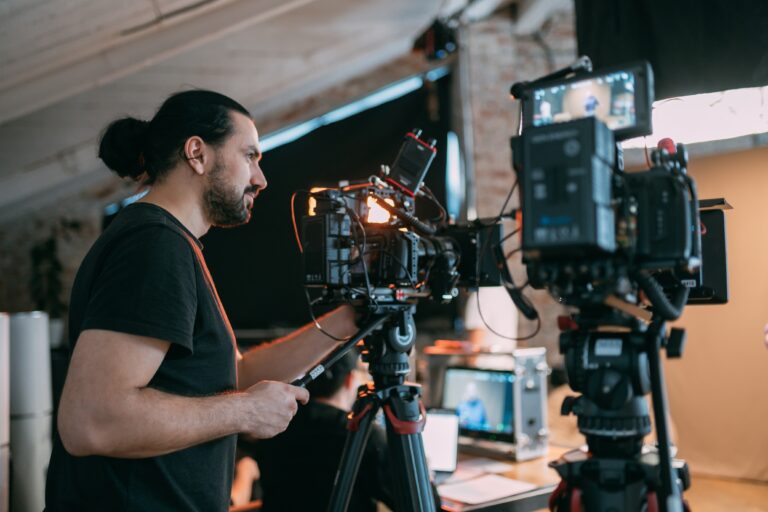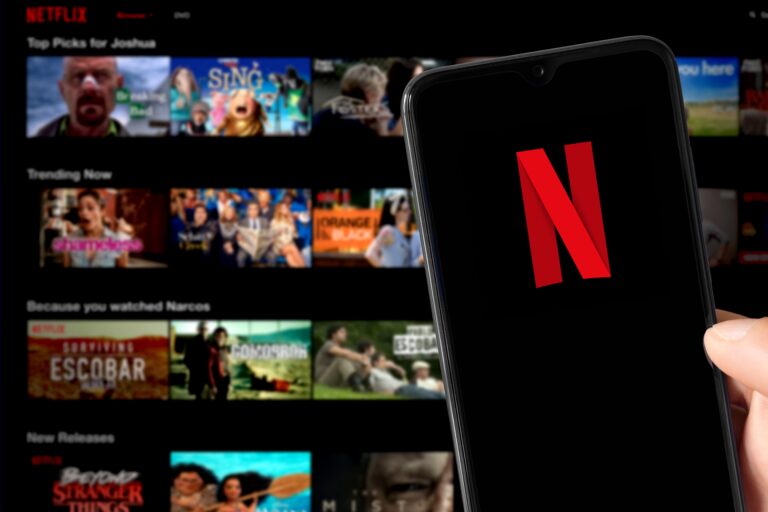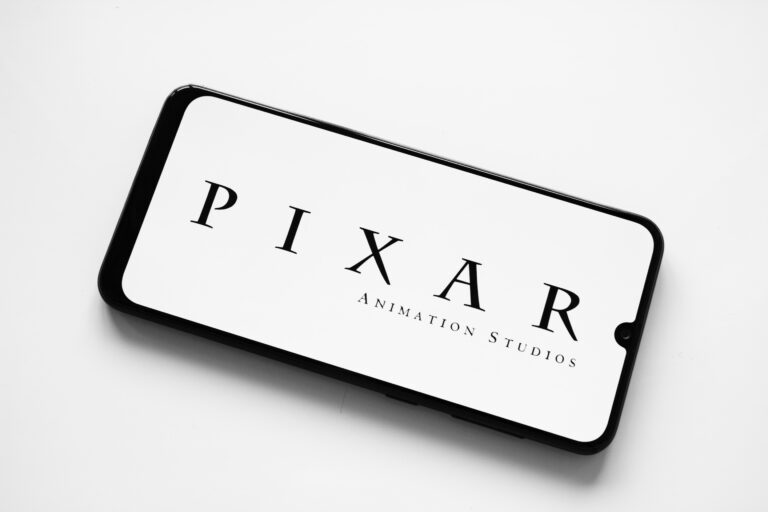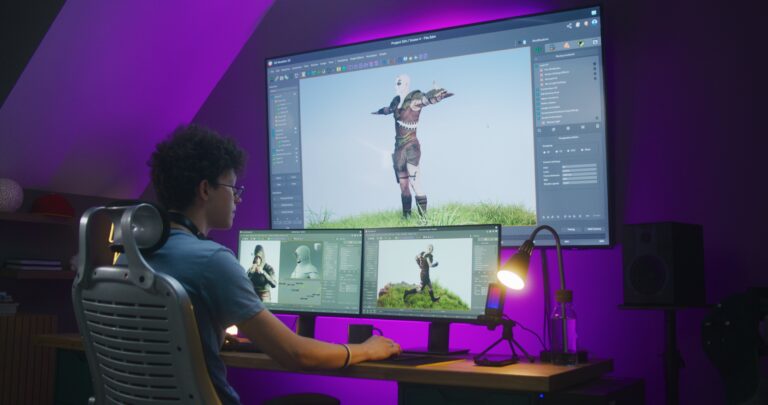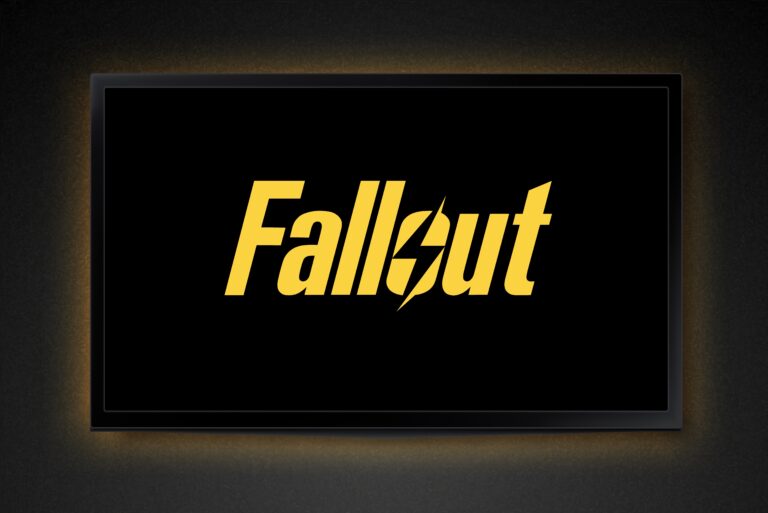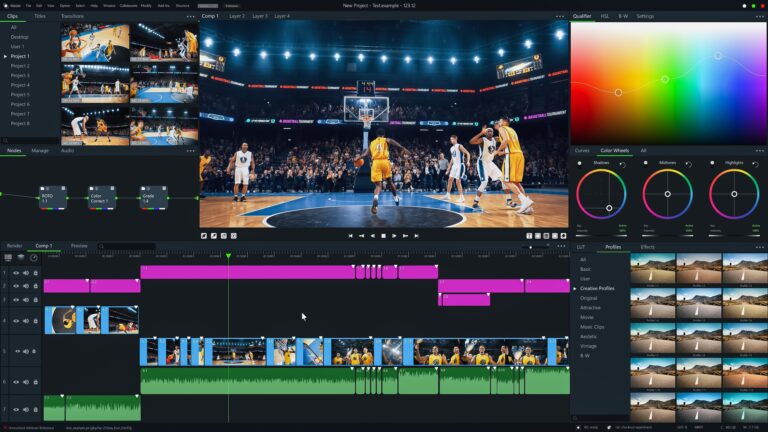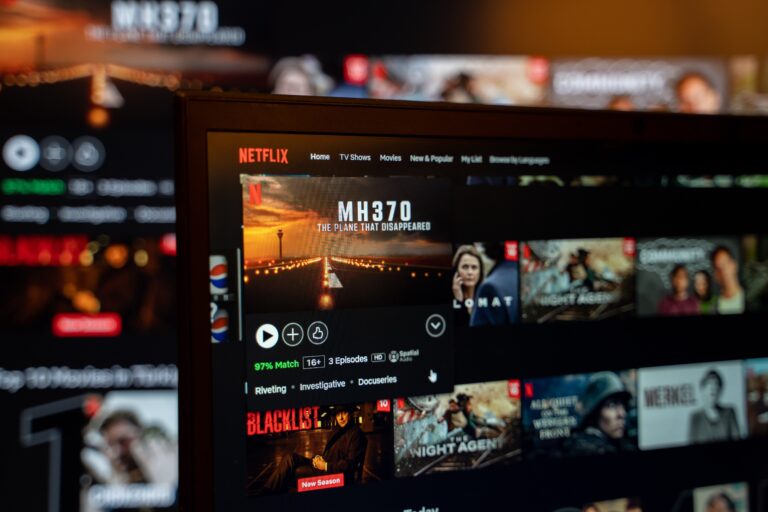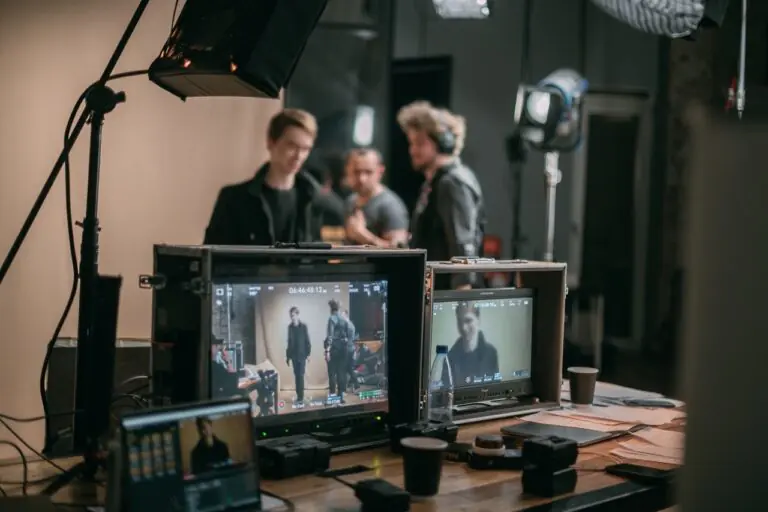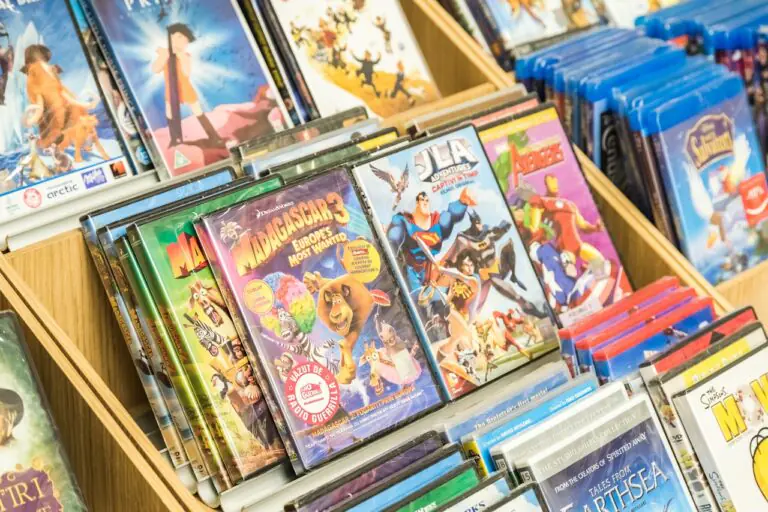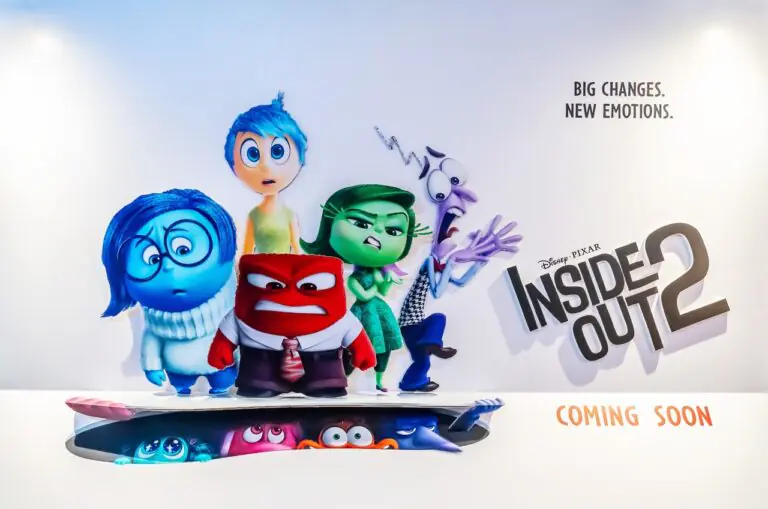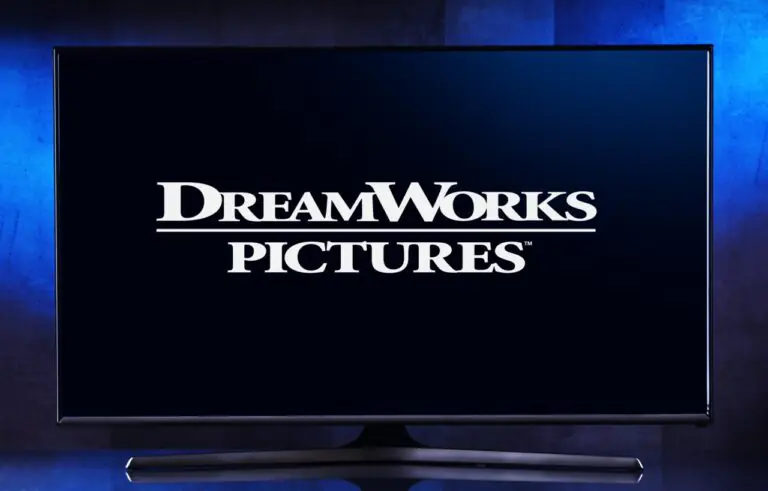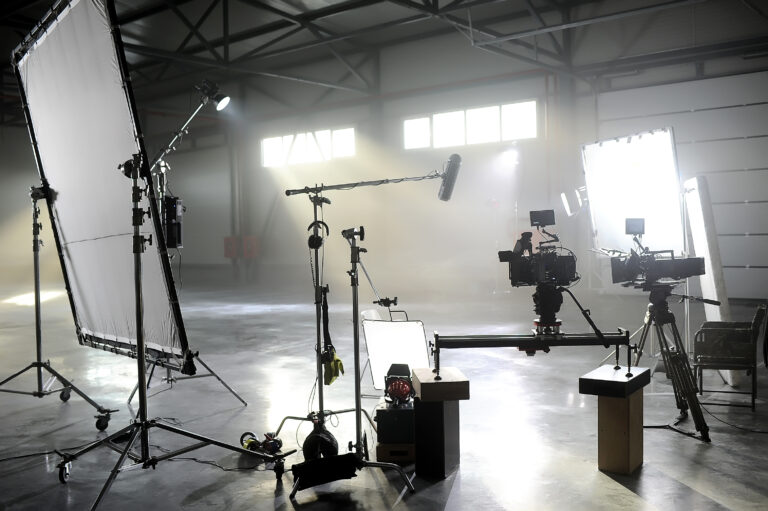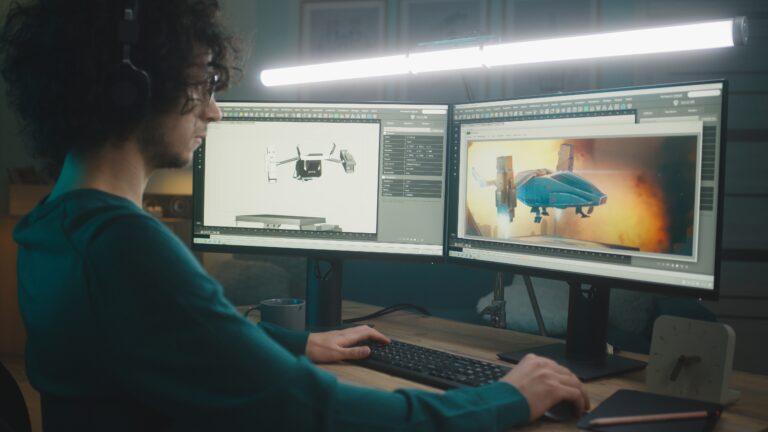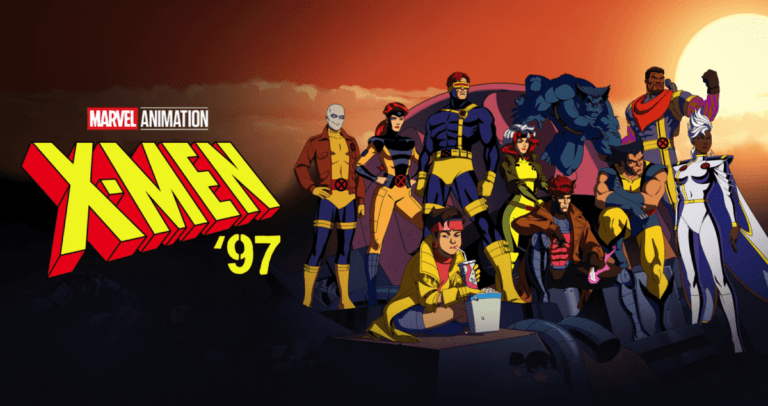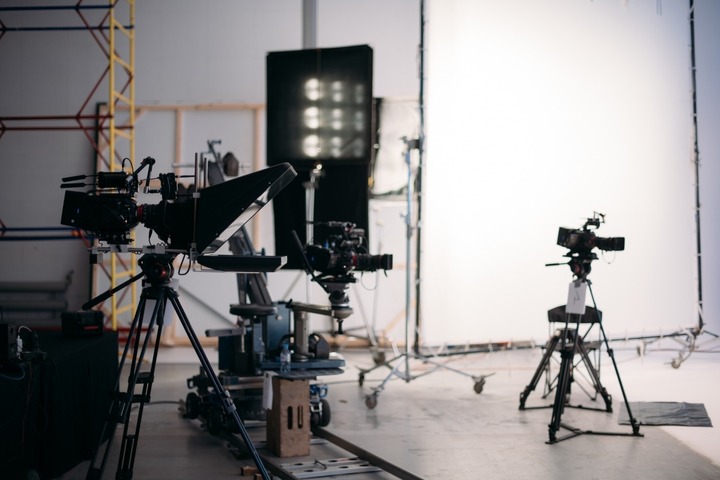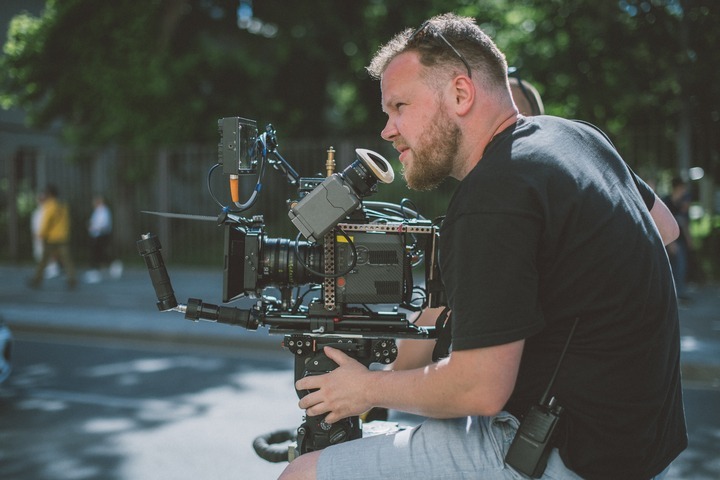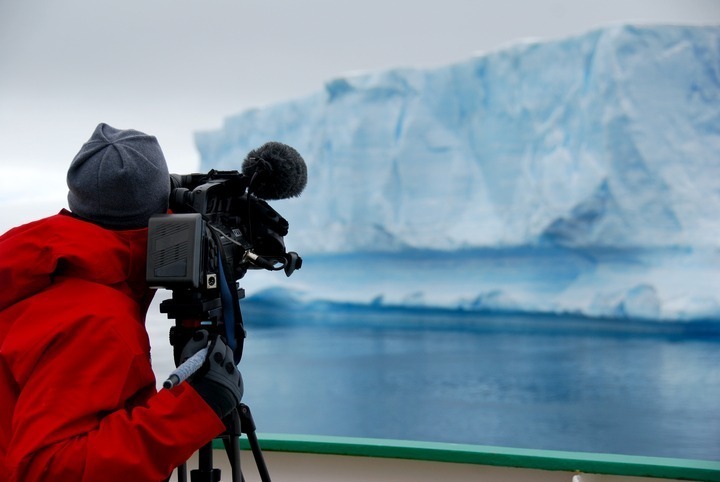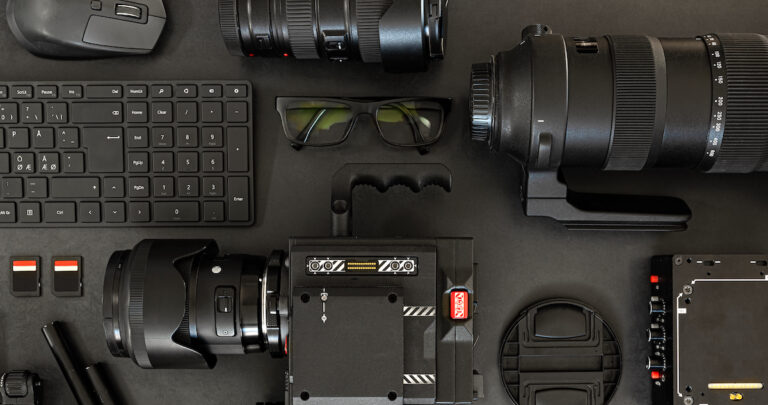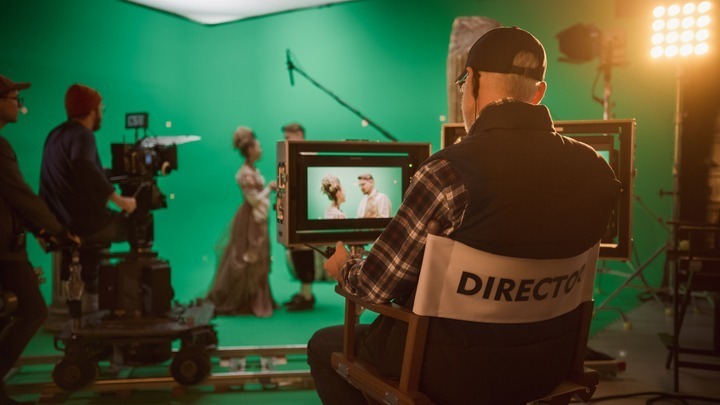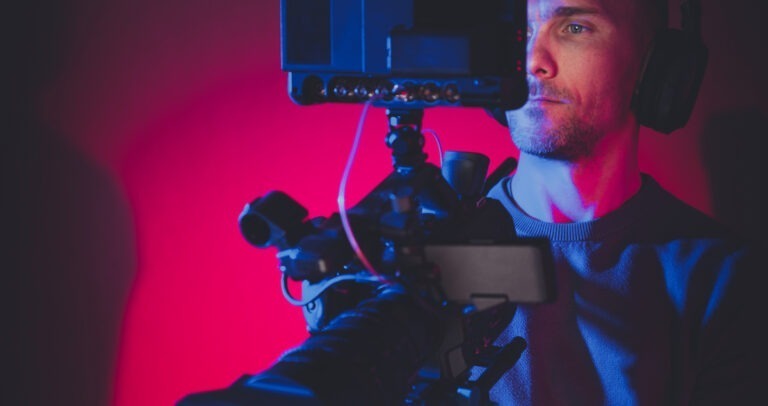
The A-to-Z of Filmmaking
Lights! Camera! Action! If only filmmaking were that easy! Instead, filmmakers like directors and producers have the daunting task of running the entire production, whether it’s for a movie, TV show, or even an on-stage show. So, to help you stay updated with the latest filming tools, techniques, and industry trends, in this section, we’ll discuss the fundamentals of filmmaking, providing a comprehensive look into the world of filmmaking to get your creative juices flowing for your next production.
What is filmmaking
Filmmaking is the process of creating a film or movie that involves several stages: pre-production, where the film concept is developed, planned, and scripted; production, where the actual filming takes place; and post-production, where the film is edited, sound effects and music are added, and the final movie is produced.
Filmmaking takes place worldwide, using various technologies and cinematic techniques to bring stories to life. Filmmaking is one of the biggest markets in the entertainment industry, valued at almost $100 billion because it caters to various international audiences and is based on unique storytelling that can entertain, educate, and inspire audiences.
Filmmaking A-to-Z
Filmmaking is a comprehensive process that involves different genres and filming styles, special filmmaking equipment, cinematography, casting filmmaking experts, and editing.
- Genres and filming styles: Filmmaking genres include action, adventure, drama, romance, comedy, mystery, horror, thriller, and documentary. Each genre has its own specific filming styles that directors use to enhance the narrative, mood, tone, and audience reception of a film.
- Filmmaking Equipment: Filmmaking equipment, like cameras, lenses, lighting, and sound equipment, are essential tools in capturing the audio and visual aspects of a film. With the right equipment, filmmakers can capture, edit, and enhance a production.
- Cinematography: Cinematography is the process of capturing visuals on film or digital media. It involves aspects like framing, lighting, and camera movement, all of which contribute to the visual storytelling of the film.
- Casting: Casting is the process of choosing actors or voice actors to play the characters in a film. The right casting choices bring authenticity to the characters and elevate the film’s impact and audience reception.
- Filmmaking experts: Filmmaking experts include directors, producers, screenwriters, cinematographers, and editors. Each member of the production crew has a unique role in the filmmaking process, and they collaborate to bring the vision of the film to life.
- Editing: Editing is the post-production process of assembling and refining the captured footage. It involves cutting and arranging scenes, adding music or sound effects, and color grading to shape the film’s pacing, mood, and narrative flow.
Insights for filmmakers
Our digital filmmaking has led to an increase in the use of cutting-edge technology like CGI, virtual reality, Artificial Intelligence, drone cinematography, and sound engineering. With the increase in streaming services and movie platforms like Disney+ and Amazon Prime Video, it’s also important to analyze viewer behavior, preferences, and trends to ensure the production resonates with the intended demographic.
Filmmakers also need to stay up to date with the latest trends in the acting and voice over industry. Because when it comes to casting voice actors for animations, video games, films, and TV shows, you have to choose the best! That’s why we’ve got you covered with this series on Filmmaking, we’ll cover the latest trends, tools, insights, and hacks for filmmaking.
We’ll also walk you through the world of voice acting, including selecting the right voice talent, the recording process, and how to manage voice over projects.
Get ready to bring your projects to life with our filmmaking resources!


